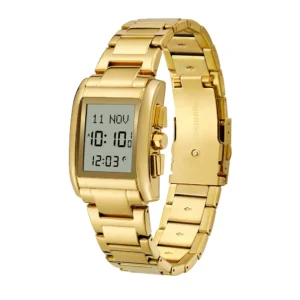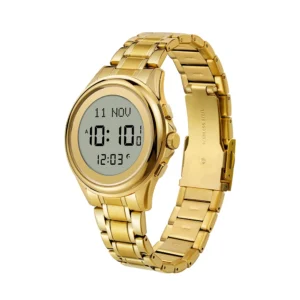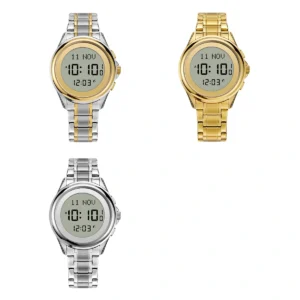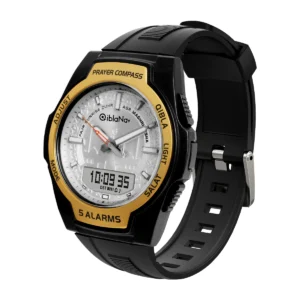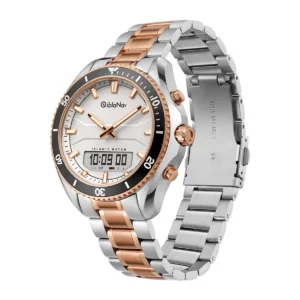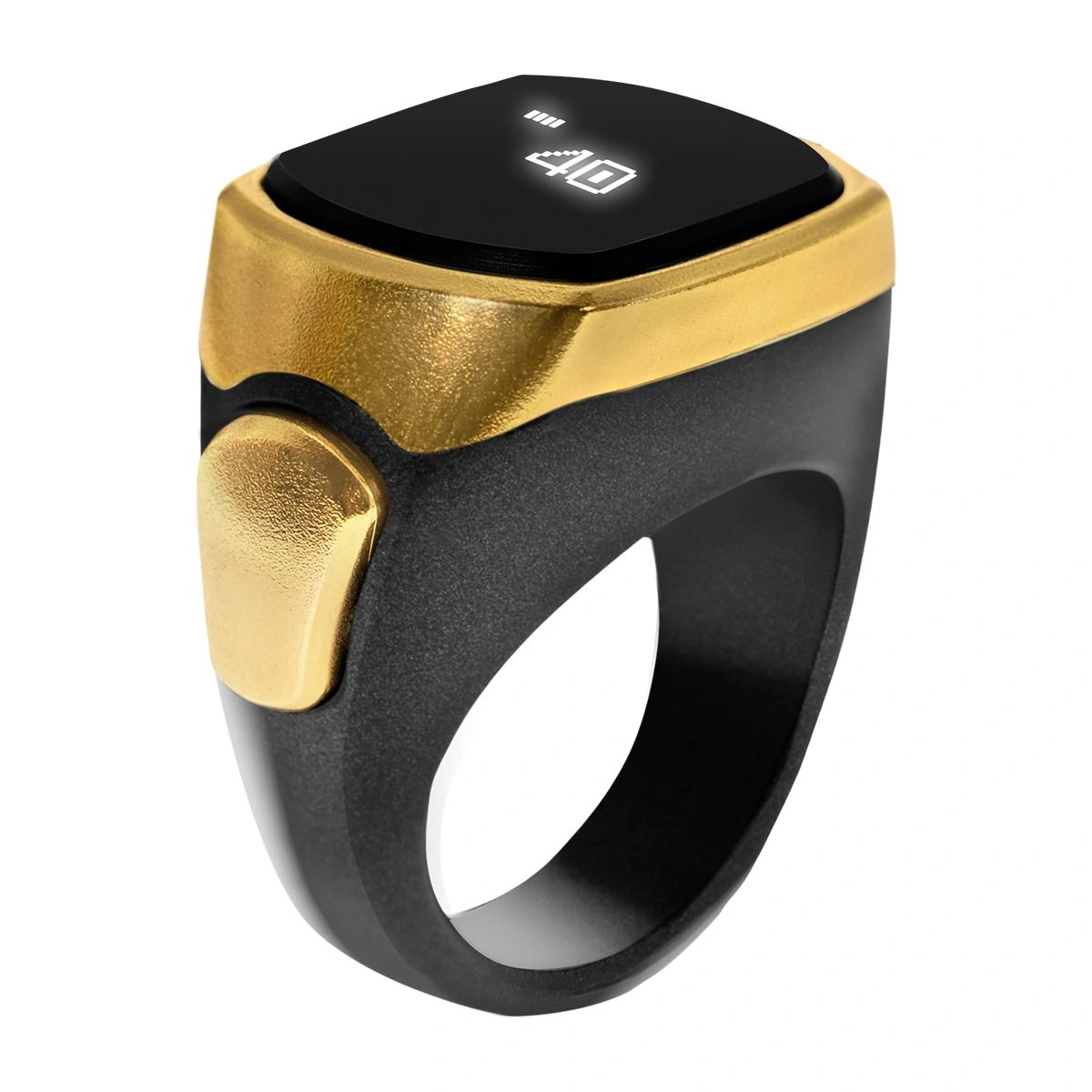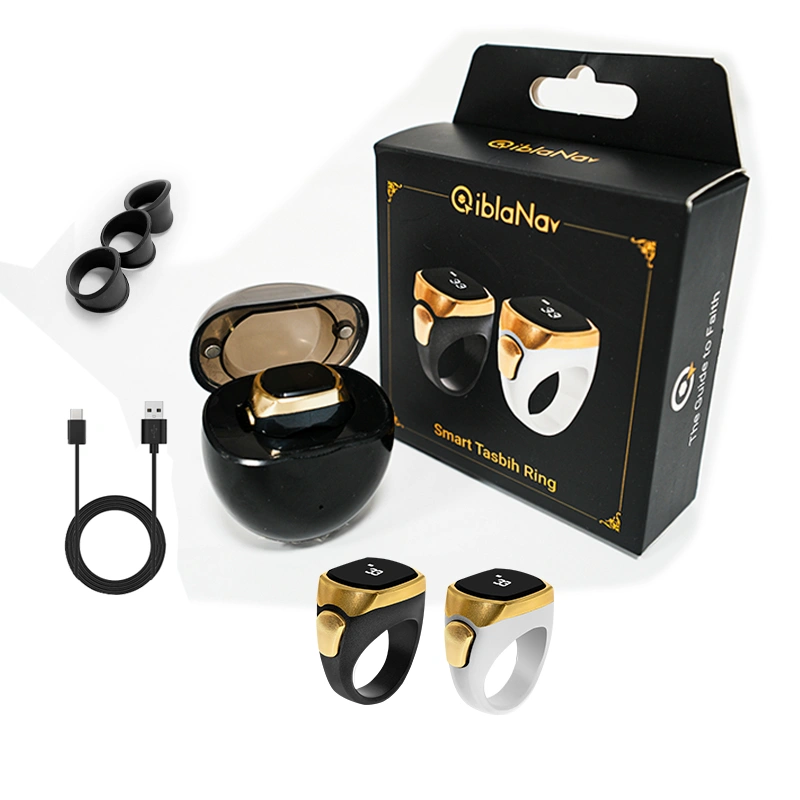A prayer watch is an essential tool for Muslims who want to maintain their daily prayer schedule with precision. Whether you’re using a Muslim prayer watch for personal devotion or setting it up correctly ensures you never miss an important spiritual moment. Below, we’ll guide you through the steps to configure your prayer watches and explore the benefits they bring to your daily worship.
Step-by-Step Guide to Setting Up a Prayer Watch
1. Configure the Time and Date
Start by setting the correct time and date on your prayer watch. Many modern Muslim prayer watches synchronize automatically with global time zones, but it’s always good to double-check.
2. Select Your Location for Accurate Azan Times
Most prayer watches come with a built-in database of cities worldwide. Select your city to ensure precise Azan alerts for each of the five daily prayers. If your location is not available, some watches allow manual latitude and longitude input.
3. Set the Qibla Direction
The Qibla direction is a key feature of a Muslim prayer watch. Many models have a digital Qibla compass that automatically points toward Mecca. If your watch doesn’t include this feature, manually set the direction using a traditional compass or a smartphone app.
4. Activate Prayer Time Notifications
A prayer watch 12pm to 3pm often includes customizable alerts for Dhuhr and Asr prayers. Set notifications for all five daily prayers to ensure you never miss an obligation. Most watches offer vibration, beep, or visual alerts to accommodate different environments.
5. Customize Additional Features
Many prayer watches include extra features such as:
- Hijri and Gregorian calendar display
- Stopwatch and countdown timers
- Dua and Quran recitations
- Daily or weekly prayer goals tracking
Adjust these settings based on your personal preferences to enhance your prayer experience.
Benefits of Using a Prayer Watch
1. Ensures Accurate Prayer Times
One of the biggest advantages of a Muslim prayer watch is its accuracy in Azan times. Whether you’re at home, traveling, or in a remote area, your watch keeps you aligned with your prayer schedule.
2. Supports Consistency in Worship
By receiving alerts for each Salah, your prayer watches help build a disciplined routine, ensuring you never miss your spiritual commitments.
3. Provides Convenience for Travelers
For Muslims constantly on the move, a prayer watch eliminates the hassle of checking apps or asking for local prayer times. It also helps determine the Qibla direction effortlessly.
4. Enhances Spiritual Focus
Using a structured prayer watch 12pm to 3pm or setting personal reminders can improve mindfulness and spiritual growth during prayer times.
Final Thoughts:
A Muslim prayer watch is more than just a timepiece; it’s a powerful tool to keep your worship on track. By properly setting up your prayer watches, you ensure accurate alerts, a better prayer routine, and greater convenience in your daily life. Whether you’re using a prayer watch 12pm to 3pm or a full-day alert system, this device supports your spiritual journey with reliability and ease.

